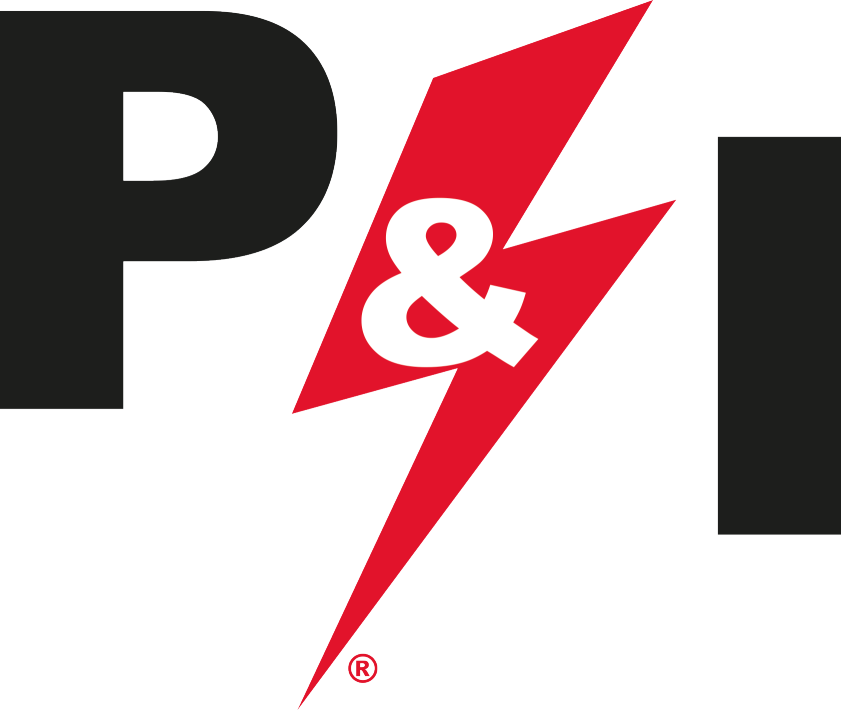
With so much information about backup power supplies, it’s no wonder that we get asked daily what is the best backup power supply?
While it seems a relatively simple question, in reality it isn’t as easy an answer. There are many nuances and reasons between which backup power supply a business may use over another.
The best backup power supply is ultimately the one that suits your business needs and works for you. But how do you decide which is the best backup power supply for your business?
Let’s look into choosing the best backup power supply for your business and the things you should consider when choosing a backup power supply.
How to choose the best backup power supply?
When deciding which backup power supply is the best fit for your business, there are a few things to consider.
What size generator is best for my business?
We have a handy guide to help you understand the different sizes of generators and how to work out the capacity.
What is the purpose of the generator?
A generator alone is a great option for loads that need to run for either short or longer periods and that can withstand a temporary loss in power to allow the generator to start up. As long as a generator is well maintained and fuelled it can run for long periods if needed. Knowing what you need your generator to do will ultimately guide the type of generator you go away with. Will the generator alone meet the needs of the business?
When researching whether to use a UPS or diesel generator, take into account both the benefits and drawbacks of each option.
What are the benefits of a UPS?
A UPS is an excellent investment for any business, offering an undisturbed clean power supply to keep your data and equipment secure. Double online conversion UPS keep the load fully supported with no interruption whenever a mains failure occurs, they also supply a clean and conditioned supply that is perfect for the load. Not only does a UPS provide these advantages, but it also comes with the added benefit of suiting most applications in many different scenarios.
What are the downsides of a UPS?
Despite its many benefits, a UPS can only offer limited capabilities when it comes to autonomy, how long it can power the load in the event of a mains failure as this is dependent on the battery size. When the battery is fully discharged there is no more energy to give and the load will not be powered. It is simply not possible to top them up or add to them in order to a get a longer run time when the mains has failed.
What are the benefits of a diesel generator?
Diesel generators are the perfect solution for businesses that prioritise a reliable power supply. With diesel generators, you can ensure power to the load for long durations providing the generator is well maintained and kept fuelled.
What are the downsides of a diesel generator?
The biggest disadvantage of using a diesel generator is its higher price tag compared to other generators, as well as the noise and exhaust fumes produced which can be troublesome in some areas. Generators require time to start up (generally 15 seconds or more) which can leave some critical equipment that cannot cope with any interruption temporarily without the necessary power.
What are the most resilient systems?
If the load can withstand a temporary loss in power, a generator alone may be ideal.
If the load cannot withstand any interruption (even for seconds) then a UPS is needed, parallel N+1 UPS give even more protection with the added bonus that the same protection is available even should a UPS develop a fault or is out of action for maintenance.
If longer run times are needed with absolutely no loss in power acceptable then using a combination of both generator and UPS to fully support the load will be the ideal solution.
After exploring all the available options, you’ll be able to make an informed decision on which backup power source will suit your needs best. Here at P&I, our team of experts is on hand to help you find the best back up power solution for your business. Contact us today to see how we can help with your power.
Latest news
WEEE Marking: Essential Compliance Guidelines for Electronics

UPS Types: Understanding Different Uninterruptible Power Supply Systems

Emergency Power in Data Centres: Best Practices and Solutions

